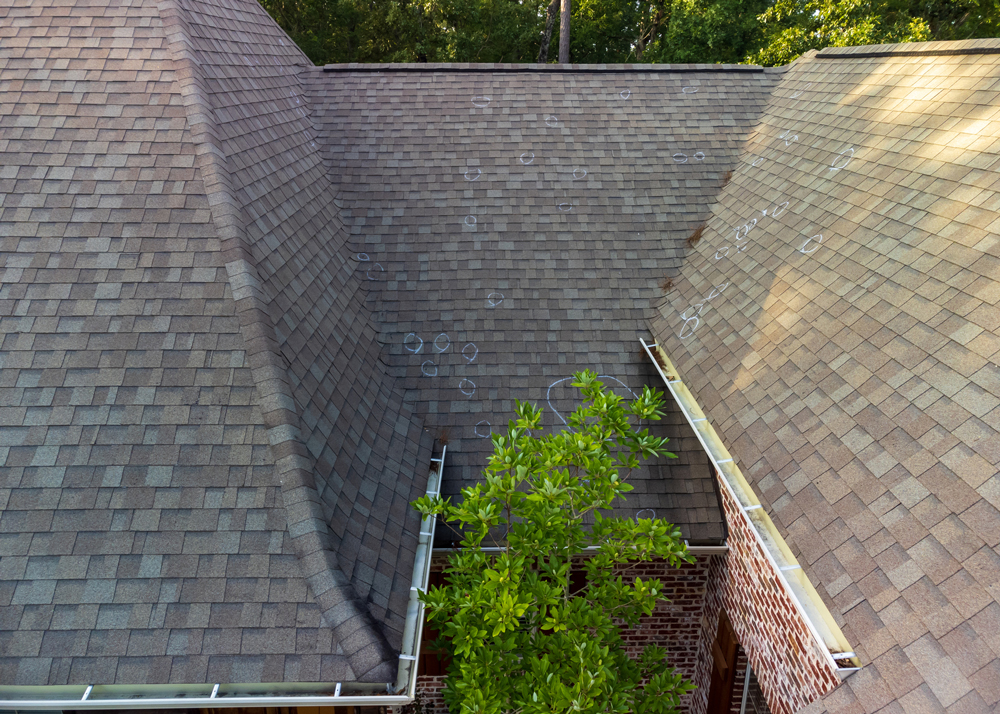MICHIGAN LAWYERS WEEKLY
The counter-plaintiff in an insurance dispute stemming from wind and water damage to a 20,000-square-foot home in Clarkston has recovered more than $5 million.
In Farm Bureau General Insurance Company of Michigan v. Reemmer, Oakland County Circuit Court Judge Shalina Kumar rejected Farm Bureau’s motion for summary disposition and granted the same motion in favor of David Edwin Reemmer.
Background
There were four separate incidents in the home that led to insurance claims being filed. The homeowner purchased the home in 2013 and started renovations.
On April 12, 2014, the home sustained wind damage to its roof. On Jan. 11 and Feb. 13, 2015, separate frozen pipe incidents caused water damage. On March 26, 2015, a crew attempted to raise a chandelier when it fell and shattered.
The homeowners were not living at the home full-time yet as renovations weren’t fully complete, but Reemmer’s counsel confirmed the heat was on at the home during the frozen pipe incidents.
“One of the exclusions that the insurance company was asserting had to do with the frozen pipe exclusion where he failed to maintain the heat, but oddly enough there was no dispute that the heat was actually on,” said Jason J. Liss of Fabian, Sklar, King & Liss PC in Farmington Hills.
Legal argument
According to a Verdicts & Settlements report submitted by Liss and co-counsel Michael H. Fabian, Farm Bureau initially paid $414,776 to cover the cost of the four incidents. The insurance company also filed an action for declaratory relief seeking a judgment that it had no further liability.
Farm Bureau based that argument on policy exclusions for fraud, faulty workmanship, neglect, freezing and failure to comply with duties after loss.
That led to the competing motions for summary disposition.
Regarding the heat issue, Fabian said Farm Bureau argued that adequate heat wasn’t being maintained, but his side countered by stating that the word adequate isn’t a part of the policy exclusion.
“The language of the policy doesn’t say adequate heat, just that you must maintain heat, and that is why we received summary disposition on that issue,” Fabian said. “There was no requirement to maintain it at a particular temperature.”
The case also turned on the issue of ensuing loss. Fabian said his side wasn’t claiming the damage to the pipes, but rather the damage from the water, which they argued is an ensuing loss.
“In this case, the damage to the pipe is not covered, but all of the water damage caused by the water escaping from the now-damaged pipe is covered,” Fabian said. “This is an issue we repeatedly have to litigate.”
Fabian added that making policyholders aware of the ensuing loss possibility is a big part of handling property insurance claims.
“So many people are not aware that while the initial cause of loss may not be covered, the overwhelming majority of your damages may still be covered as an ensuing loss. People are not aware of that, and insurance companies frequently do not make their policyholders aware,” Fabian said.
Liss said that once the issue of ensuing loss was settled, both parties agreed that the damages would be resolved through appraisal.
“The policy is required to contain an appraisal clause which is akin to arbitration. That’s ultimately how the damages get resolved. A lot of the cases are purely about forcing them to go to appraisal,” Liss said.
On the issue of failing to comply with duties after loss, Fabian said Farm Bureau tried to claim the homeowner never reported water damage resulting from the windstorm damage, just that he had wind damage.
“You have an obligation to report the loss, but not the extent of the damages. Obviously, the report of having wind damage and not saying part of the damage is now due to water entering the home doesn’t bar a policyholder from proceeding with the damages due to the water,” Fabian said.
There were four appraisal awards totaling $4,769,833 on a replacement cost basis and $3,970,187 on an actual cash value basis.
Farm Bureau also was liable for penalty interest of more than $1.2 million for failing to timely pay the claims.
“Under the statute applicable to these types of policies, the failure to timely pay a claim, regardless of whether the claim was reasonably in dispute, requires the insurance company to pay 12 percent in penalty interest. Given the size of these claims and the length of the litigation, the penalty interest exceeded $1 million,” Liss said.
Farm Bureau counsel John D. Honeyman declined to comment on this case.



